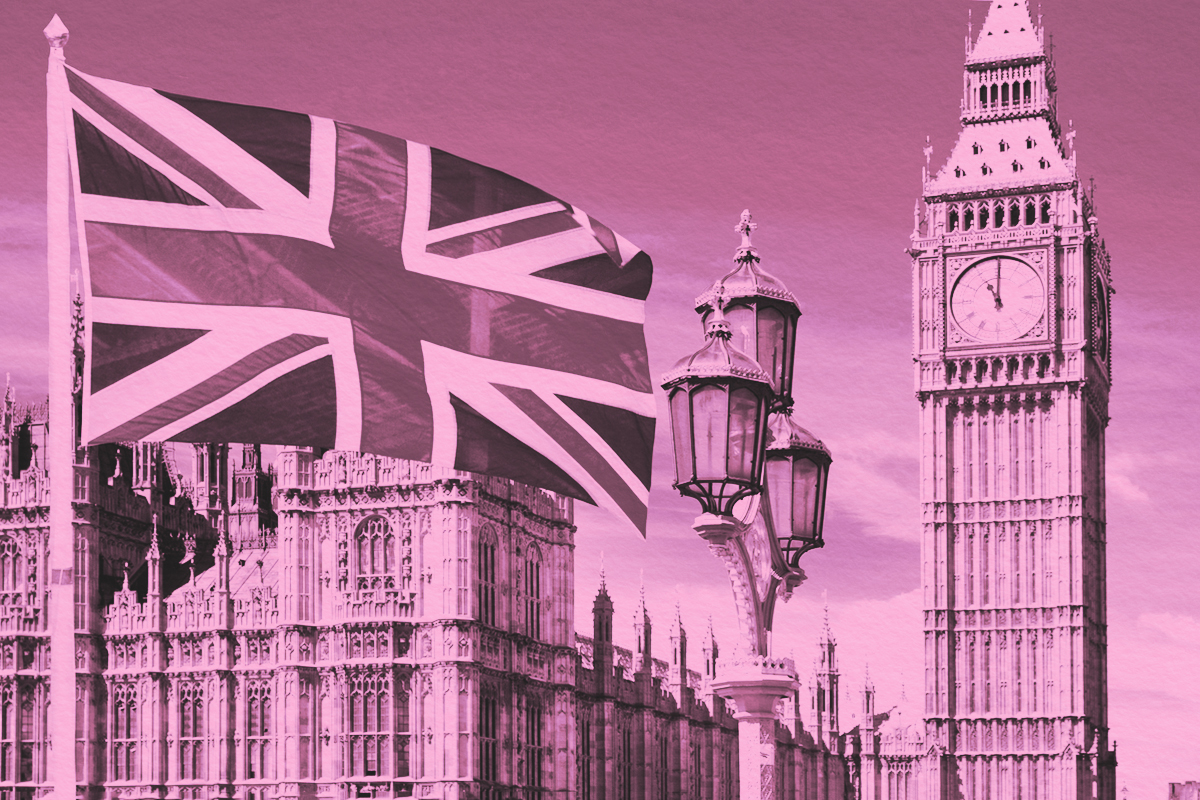
My YouTube feed is full of food content, and lately I’ve been noticing some differences in what I call certain foods and what those same foods are called by British people. In particular, hot and ready potatoes are a popular street food in the United Kingdom, where they’re called “jacket potatoes.” To me, this calls up a mental image of cute little potatoes with googly eyes and tiny felt coats, but they’re actually what I (and most Americans) know as “baked potatoes.” The language is the same, but key vocabulary differences between British and American English dialects have always intrigued me, so I did a little more research on the difference between jacket potatoes and baked potatoes.
While there are plenty of differences in dialects for clothing words, “jacket” as a lightweight outer garment is the same on both sides of the pond. The linguistic divide comes into play with a secondary definition for “jacket,” referring to the skin of a potato. British people refer to this particular form of potato by its skin, while those in the U.S. came to refer to it by the cooking method instead.
Though largely the same, there are some slight differences between baked potatoes and jacket potatoes. For instance, jacket potatoes are usually cooked longer than their baked brethren — sometimes over an hour to ensure crispier skin. The toppings are also different depending on the location. While Americans prefer cheese, bacon, chives, and sour cream, British people go for a broader variety of toppings: cheese, baked beans, coleslaw, and even tuna fish.
All the differences in food terminology are fascinating, but I do have some favorites. Americans say “eggplant,” while Brits say “aubergine,” and a zucchini in New York is a courgette in London. And don’t get me started on the divide between fries and chips or cookies and biscuits. The opinions on appropriate condiments, textures, and flavor combinations could fill a book.

















